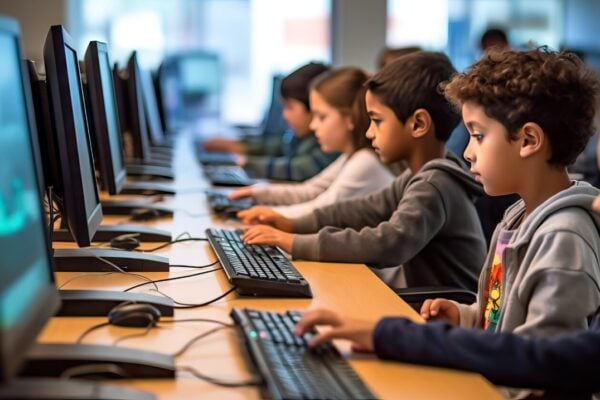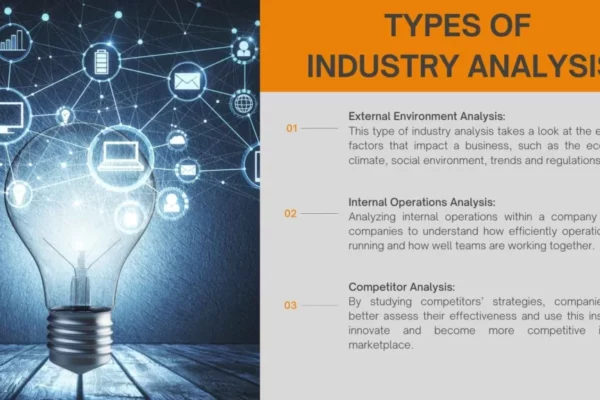Introduction to Early Childhood Education
As a passionate advocate for education, I firmly believe that early childhood education lays the foundation for a child’s future success. It is during these formative years that children develop crucial skills, values, and a love for learning that will shape their entire educational journey. Early childhood education, often referred to as ECE, encompasses the period from birth to around eight years old. In this article, we will delve into the importance of early childhood education, the numerous benefits it offers, and the best practices that educators and parents can employ to create a nurturing and supportive environment for young learners.
Why Early Childhood Education is Important
The early years of a child’s life are a time of rapid brain development and immense growth. Research has shown that the experiences and interactions children have during this period significantly impact their cognitive, social, emotional, and physical development. Early childhood education provides a structured and stimulating environment that fosters holistic growth and prepares children for future academic and life success. By actively engaging children in age-appropriate activities, educators can help them develop a strong foundation in various areas, including language and literacy, math and STEM, and social and emotional skills.

The Benefits of Early Childhood Education
Early childhood education offers a multitude of benefits that have a lasting impact on a child’s overall development. Firstly, it promotes cognitive development by fostering critical thinking, problem-solving, and creativity. Through hands-on activities and play-based learning, children are encouraged to explore, experiment, and make sense of the world around them. This enhances their curiosity, imagination, and ability to think critically.
Secondly, early childhood education plays a crucial role in social and emotional development. It provides children with opportunities to interact with their peers, develop empathy, and learn how to navigate social situations. By encouraging positive relationships and emotional regulation, ECE promotes a sense of belonging and emotional well-being. These skills are essential for building healthy relationships, managing emotions, and becoming socially competent individuals.
Furthermore, early childhood education paves the way for language and literacy development. During these early years, children are like sponges, absorbing language and vocabulary at an astonishing rate. By exposing them to a rich language environment, ECE facilitates the development of communication skills, vocabulary, and a love for reading. This strong foundation in language and literacy sets children up for success in later academic pursuits.
The Role of Play in Early Childhood Education
One of the key aspects of early childhood education is the role of play in learning. Play is the natural language of children and serves as a vehicle for exploration, discovery, and learning. Through play, children develop essential skills such as problem-solving, collaboration, creativity, and self-regulation. Play-based learning allows children to make connections between concepts and real-world experiences, fostering a deeper understanding of the world around them.
To fully harness the power of play, educators should provide a variety of open-ended materials and opportunities for imaginative play. This can include blocks, art supplies, dramatic play areas, and outdoor spaces for physical play. By allowing children to engage in child-led play, educators can observe their interests, strengths, and areas for growth, tailoring their teaching to meet individual needs.
Best Practices for Early Childhood Education
Creating a Nurturing and Supportive Environment
To create a nurturing and supportive environment for early childhood education, educators and parents should prioritize the following practices. Firstly, establishing positive relationships with children is paramount. Building trust, displaying empathy, and actively listening to children’s thoughts and ideas fosters a sense of safety and belonging.
Secondly, the physical environment should be designed to stimulate curiosity and exploration. This can be achieved by incorporating age-appropriate materials, organizing learning centers, and providing ample opportunities for hands-on learning.
Finally, it is crucial to maintain a daily routine that balances structured learning with ample time for play and rest. A predictable routine provides a sense of security and helps children develop self-discipline and time management skills.
Developing Social and Emotional Skills in Early Childhood Education
Social and emotional skills are fundamental for children’s overall well-being and success in life. Early childhood education provides an ideal setting for nurturing these skills. Educators can promote social and emotional development by teaching children how to identify and express their emotions, resolve conflicts peacefully, and develop empathy towards others.
Additionally, incorporating activities that encourage cooperation, teamwork, and communication helps children develop effective social skills. By creating a positive classroom culture that values kindness, respect, and inclusivity, educators lay the foundation for positive social interactions and a supportive learning environment.
Language and Literacy Development in Early Childhood Education
Language and literacy development is a cornerstone of early childhood education. Educators can foster language skills by providing a language-rich environment filled with books, engaging conversations, and opportunities for storytelling. Reading aloud to children and engaging them in discussions about the story promotes vocabulary development, comprehension, and a love for reading.
Furthermore, educators can introduce early writing activities, such as drawing and scribbling, to develop fine motor skills and early writing concepts. As children progress, they can be encouraged to write their names, label drawings, and engage in simple writing activities.
Math and STEM Education in Early Childhood
Introducing math and STEM education in early childhood sets the stage for future success in these areas. Educators can incorporate math concepts into everyday activities, such as counting objects, sorting, and measuring. By using manipulatives and engaging in hands-on activities, children develop a solid understanding of mathematical concepts and problem-solving skills.
STEM education, which focuses on science, technology, engineering, and mathematics, can be integrated through exploration, experimentation, and inquiry-based learning. This approach encourages critical thinking, creativity, and a growth mindset, essential for future academic and career pursuits.
Parent Involvement in Early Childhood Education
Parents play a vital role in their child’s early childhood education. Collaborating with parents and involving them in their child’s learning journey strengthens the educational experience. Educators can establish open lines of communication, provide regular updates on their child’s progress, and share strategies for extending learning at home.
In addition, inviting parents to participate in classroom activities and events creates a sense of community and reinforces the importance of education as a joint effort between school and home.
The Future of Early Childhood Education
As we look to the future, early childhood education will continue to evolve to meet the changing needs of children and society. Research and advancements in neuroscience will shed further light on the importance of early brain development and the most effective teaching strategies.
Technology will also play an increasingly significant role in early childhood education. Interactive educational apps, digital tools, and virtual reality experiences can enhance learning opportunities and engage children in new and exciting ways. However, it is crucial to strike a balance between technology and hands-on, experiential learning to ensure a holistic approach to education.










Comments on " Nurturing Young Minds: Exploring the Benefits and Best Practices of Early Childhood Education" :